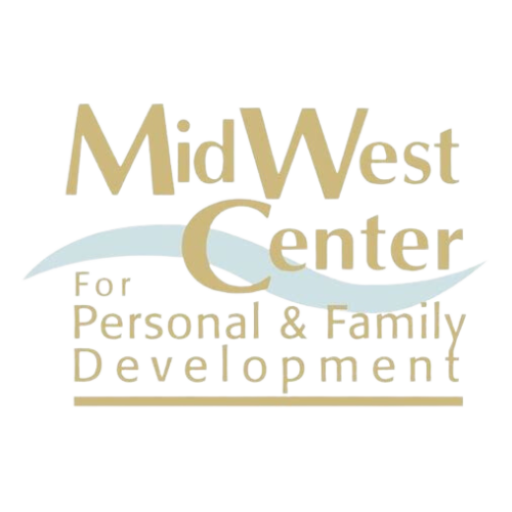Every November, we pause to honor the often-unsung heroes in our communities: family caregivers. According to the Caregiver Action Network, more than 50 million Americans provide unpaid care to a family member or friend.
1. Who is a family caregiver?
A family caregiver is someone who provides ongoing assistance to a loved one—whether that’s a child, a spouse, a parent, or other relative—who needs help because of illness, disability, age, or mental-health concern.
2. The emotional cost of caring
Caring for another is an act of love, but it can carry a heavy toll. New data show that caregivers face elevated risks in their own mental and physical health. For example:
- Only about 23 % of caregivers report “good” mental health—far lower than non-caregivers. (Caregiver Action Network)
- Caregivers report higher rates of frequent mental distress and lifetime diagnosed depression compared with non-caregivers. (CDC)
- Caregiving often means juggling competing demands—work, household, family, and your own wellbeing. (bls.gov)
While many caregivers step into the role willingly, with compassion and courage, their internal experience can involve fatigue, worry, isolation—even guilt about “not doing enough.” Recognizing this dynamic is essential for mental-health professionals, as well as families and communities.
3. Why mental health and caregiving must be addressed together
When caregivers neglect their own wellness, we know the ripple effects are real: strained relationships, compromised care quality, burnout, and deteriorating health for both caregiver and recipient.
At Midwest Center, we believe caregiving is a deeply relational act—and because mental health is relational, the wellbeing of the caregiver and the person being cared for are inseparable. Supporting a loved one’s recovery, functioning, dignity or independence is heroic—but not sustainable unless the caregiver is supported too.
4. Practical support for caregivers
Here are some actionable steps caregivers and their support networks can take.
Recognize and name the role.
Many who are “helping out” don’t identify themselves as caregivers—and that can delay access to supports. If you are providing ongoing assistance, you are a caregiver—and naming that may open the door to helpful resources.
Prioritize your own mental-wellness check-in.
Ask yourself often: “Am I holding on? Am I stretched too thin? What am I sacrificing for this role?” If you notice increased irritability, mood changes, disrupted sleep, rising anxiety—or the whisper of “Maybe I should just do this myself because no one else will”—that may be a signal. Research shows higher depression rates and distress among caregivers. We can help you navigate these feelings, validate them, and build coping strategies.
Build real relief into your schedule.
Respite isn’t optional—it’s essential. Whether it’s stepping out for 10 minutes, engaging a friend or other family member for coverage, or tapping a formal support network, carving space to breathe helps maintain resilience.
Connect with peer-support.
You are not alone. There are caregiver groups, online forums, social networks, and community organizations dedicated to supporting people who care for loved ones. Sharing stories, venting frustrations, and receiving validation can lessen isolation.
Use professional mental-health support proactively.
If you are experiencing persistent feelings of overwhelm, despair, or anxiety, attending to your mental wellness is as important as supporting your loved one’s physical or behavioral needs.
Advocate for systemic support.
Caregivers often balance employment, finances, family-life and care-duties. Recognizing this dynamic at your workplace, in your community, and in public policy helps not only you—but all those in similar roles.
5. Message to employers, friends and community
For those who aren’t in the caregiver role but know someone who is: this month is a perfect time to pause and reach out. A simple message, an offer to help, a flexible work arrangement, or just listening can make a difference. Caregiving is a 24/7 role for many—and recognition matters.
If you’re a caregiver struggling with the emotional weight of your role, or if you know someone who is, please consider scheduling an appointment.

